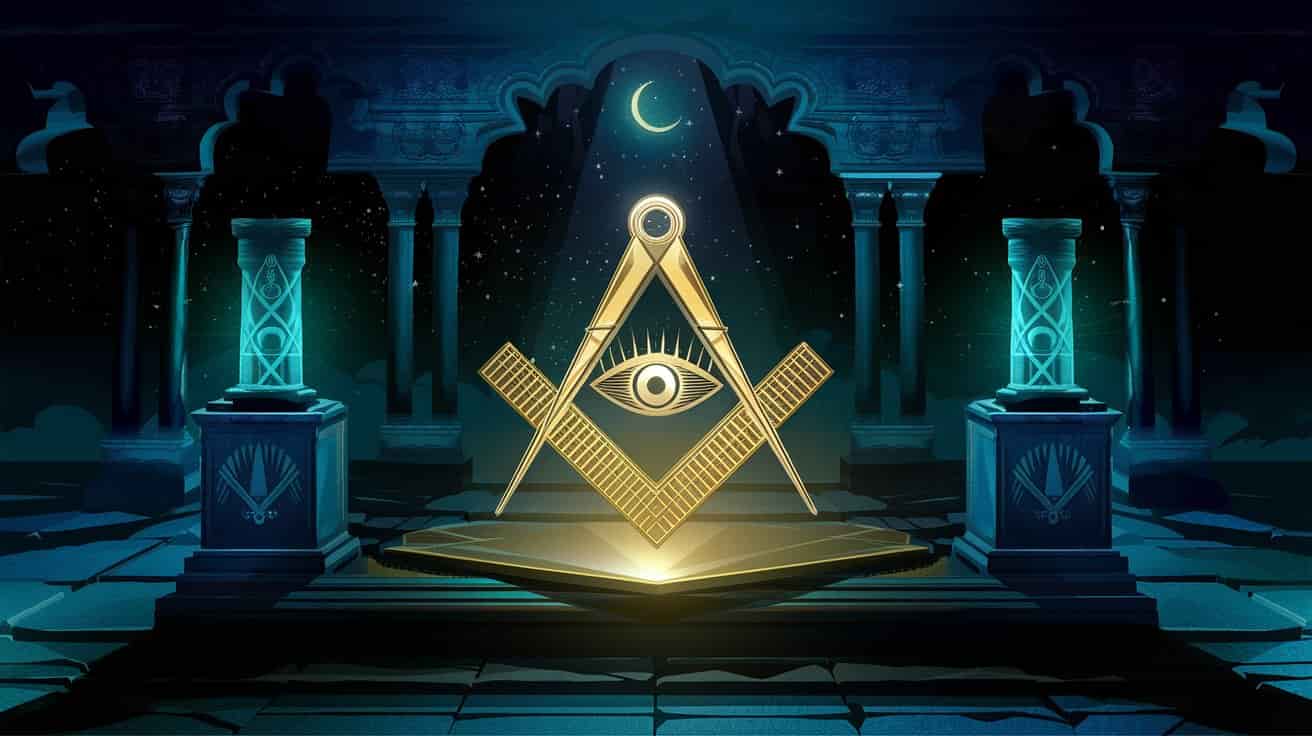Kabbalah: A Journey into the Depths of Mysterious Teachings
Kabbalah is a mystical and esoteric interpretation of the Jewish religion, offering a deeper understanding of the divine, the nature of the universe, and the soul. Rooted in Jewish traditions, Kabbalah has evolved over centuries and has influenced not only Jewish spirituality but also broader spiritual and philosophical movements.
What is Kabbalah?
Kabbalah, derived from the Hebrew word kabbalah, meaning “receiving,” refers to the ancient teachings and mystical traditions that were “received” by a select group of scholars and mystics in Judaism. These teachings delve into the mysteries of God’s nature, the creation of the universe, and the relationship between humanity and the divine. Unlike the conventional practice of Judaism, which focuses on law and tradition, Kabbalah seeks to provide an experiential and mystical connection to the divine.
Origins of Kabbalah
Kabbalah traces its origins back to the early centuries of the Common Era, but its formalization took place in the 12th and 13th centuries in Provence (southern France) and Spain. It was during this period that Kabbalists began to develop core teachings that would shape the practice for generations to come. One of the earliest and most influential texts in Kabbalah is the Zohar, a mystical commentary on the Torah (the first five books of the Hebrew Bible) attributed to the second-century rabbi Shimon bar Yochai. The Zohar explores the inner dimensions of the Hebrew Bible, interpreting the text symbolically and allegorically, rather than literally.
Kabbalah was initially a hidden tradition, passed down from teacher to student, often reserved for advanced scholars of Jewish law. It wasn’t until the late Middle Ages and early Renaissance that Kabbalistic ideas began to spread beyond scholarly circles and into broader society, albeit still remaining an exclusive and secretive path.
Key Concepts in Kabbalah
The Sefirot:
Central to Kabbalah is the concept of the Tree of Life, a symbolic representation of the divine structure of creation. The Tree consists of ten Sefirot (plural of Sefirah), which are attributes or emanations of God through which the divine interacts with the world. These include:
- Keter (Crown): The divine will or consciousness
- Chochmah (Wisdom): The first expression of creative thought
- Binah (Understanding): The process of analysis and comprehension
- Chesed (Kindness): The energy of love and expansion
- Gevurah (Severity): The power of judgment and restraint
- Tiferet (Beauty): The harmony between kindness and severity
- Netzach (Eternity): Endurance and victory
- Hod (Glory): Humility and sincerity
- Yesod (Foundation): The connection and channel for divine energy
- Malkhut (Kingship): The manifestation of the divine in the material world
Each Sefirah represents a different facet of God’s essence and how divine energy flows through creation.
Ein Sof:
The concept of Ein Sof refers to the infinite, unknowable aspect of God. Kabbalists believe that before creation, there was only Ein Sof, a limitless, formless, and absolute divine presence. The process of creation is seen as the emanation of God’s essence from Ein Sof into the finite world.
Creation and the Four Worlds:
Kabbalah teaches that creation occurs through a series of emanations and stages. The world begins with the divine light of Ein Sof and flows down through four levels of reality:
-
- Atzilut (The World of Emanation): The closest to the divine, a state of pure spiritual energy.
- Briyah (The World of Creation): The realm of souls and divine concepts.
- Yetzirah (The World of Formation): The world of angels, emotions, and imagination.
- Asiyah (The World of Action): The material world, where physical reality exists.
Tzimtzum:
Tzimtzum is the idea that God contracted Himself to create space for the world to exist. By withdrawing His infinite presence, God allowed for the creation of a finite, independent world. This process is central to the Kabbalistic understanding of creation and the existence of free will.
The Mystical Path to God:
Kabbalah teaches that the ultimate goal of human life is to achieve a deep, mystical connection with God. This is often done through meditation, prayer, and the study of sacred texts, which allow the practitioner to perceive the hidden aspects of divine reality. Kabbalists believe that through spiritual practice, one can ascend the Tree of Life and experience a direct relationship with the divine.
Kabbalah and Jewish Mysticism
Kabbalah is part of the broader tradition of Jewish mysticism, but it is distinct in its emphasis on systematic teachings and its detailed cosmology. While earlier forms of Jewish mysticism focused on prayer, meditation, and ecstatic experiences, Kabbalah provides a comprehensive framework for understanding the universe and the nature of God. It combines metaphysical teachings with practical guidance for living a life aligned with divine will.
Kabbalah’s Influence Beyond Judaism
Although Kabbalah originated in Judaism, its influence has spread well beyond Jewish communities. During the Renaissance, Christian mystics and philosophers began studying Kabbalistic texts, often blending them with Christian theological ideas. This cross-pollination led to the development of Christian Kabbalah, which seeks to integrate Kabbalistic teachings with the Christian faith.
In more recent centuries, Kabbalah has attracted attention from a wide range of spiritual seekers, including those from New Age and esoteric traditions. Celebrities such as Madonna have famously embraced Kabbalah, contributing to its visibility in mainstream culture, though many argue that this form of Kabbalah is often watered down and commercialized.
Kabbalah Today
In modern times, Kabbalah continues to be an important aspect of Jewish spirituality for many. However, its study is still traditionally reserved for those who are deeply grounded in Jewish law and Torah study. Many Kabbalists believe that Kabbalah should only be studied by mature individuals who are at least 40 years old, as it requires a high level of intellectual and spiritual readiness.
At the same time, the popularity of Kabbalah has led to the creation of various centers, books, and online resources that cater to a broader audience. These resources often focus on the practical aspects of Kabbalah, such as how to use the teachings to improve one’s life and spiritual practice.
Kabbalah offers a profound and transformative approach to understanding the mysteries of the universe and the nature of God. Through its teachings, one is invited to explore the hidden dimensions of reality, seeking a deeper connection with the divine. While its study can be complex and requires careful consideration, the timeless wisdom of Kabbalah remains a powerful guide for those on the path of spiritual enlightenment.



Post Comment